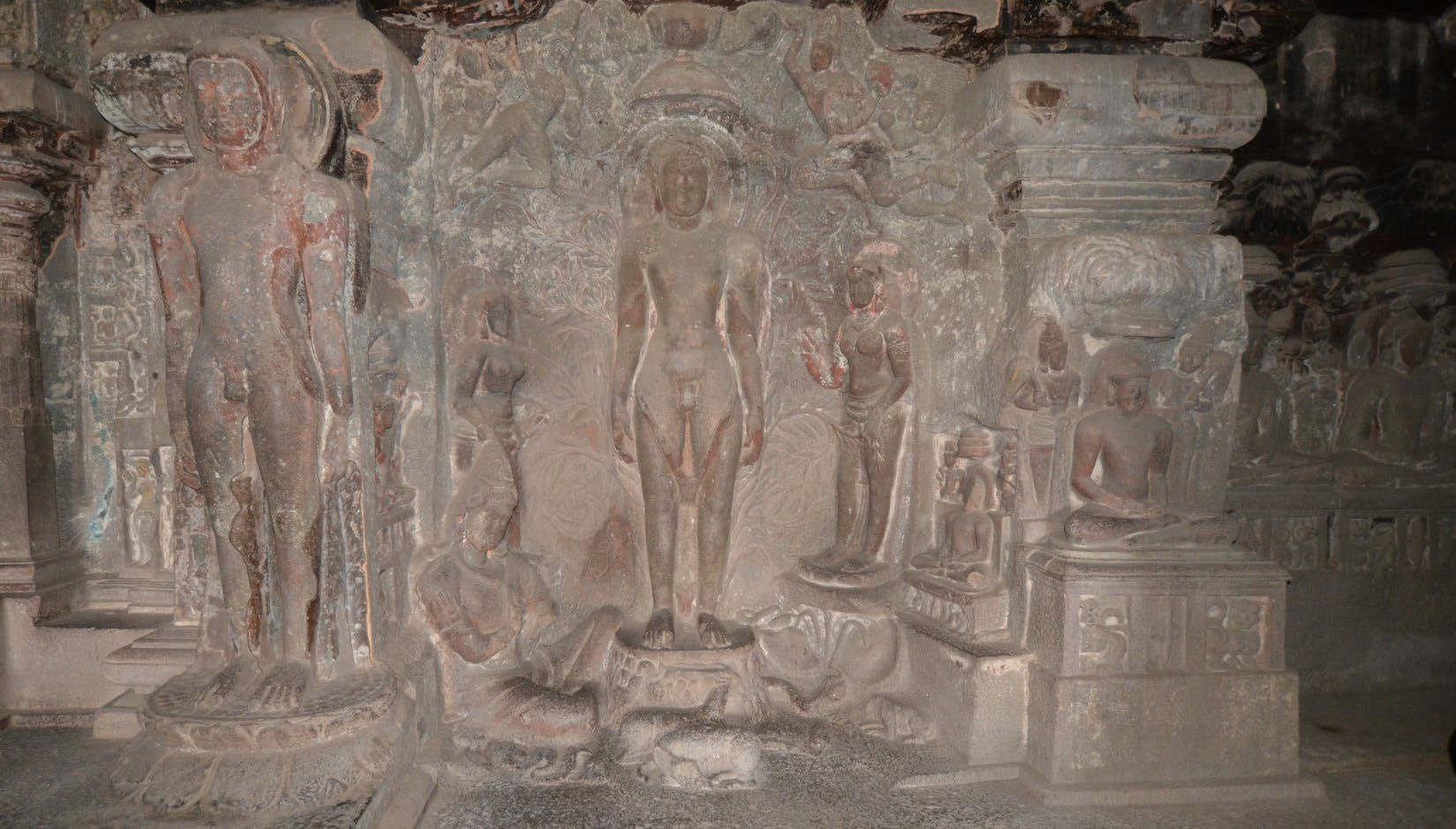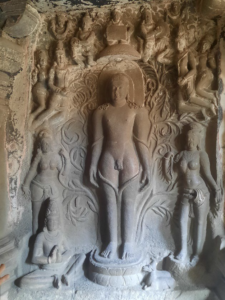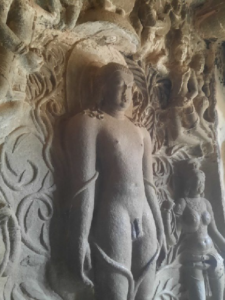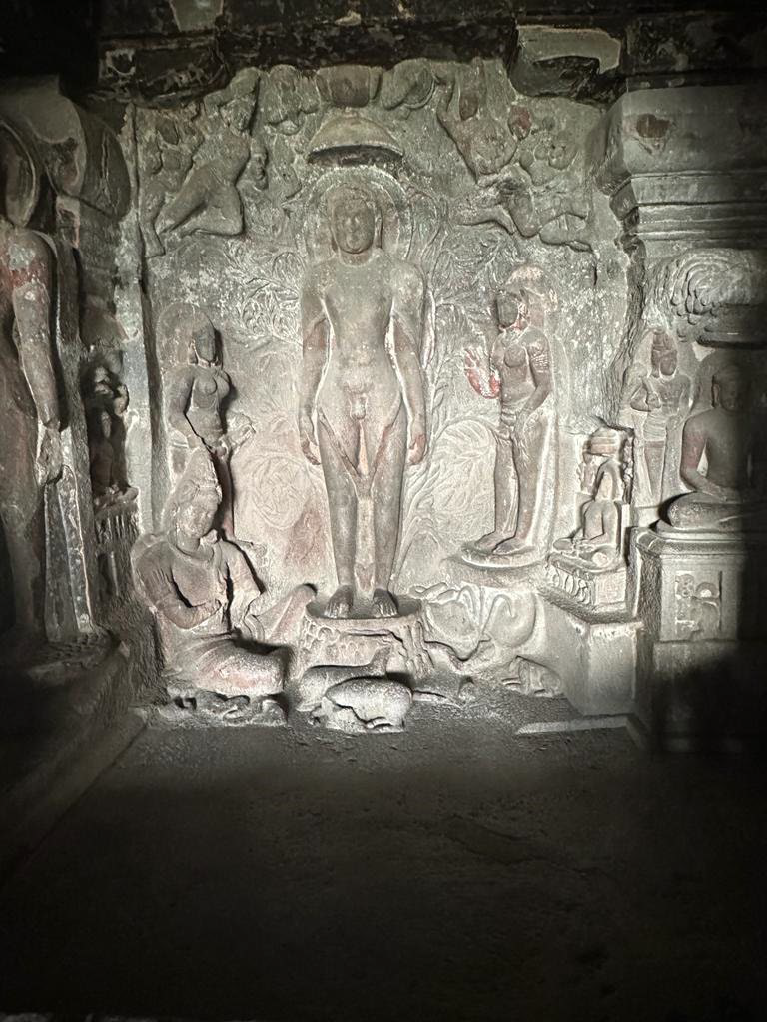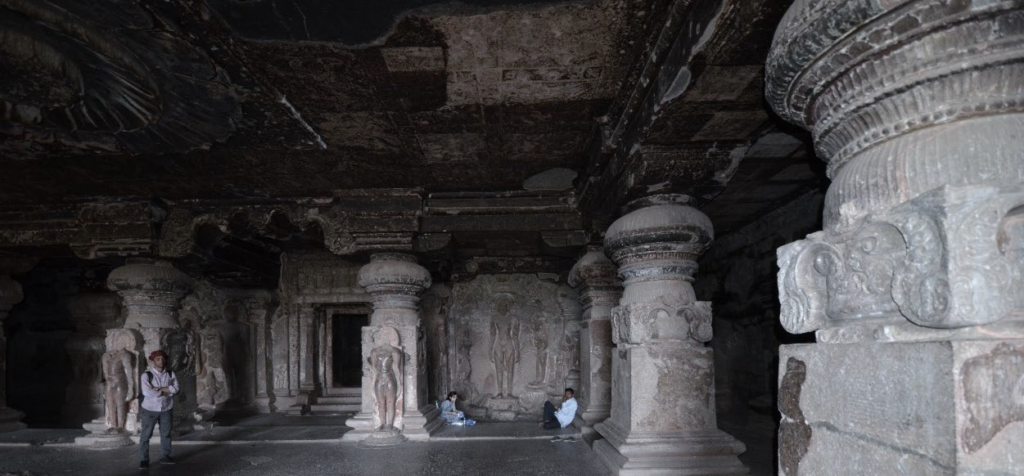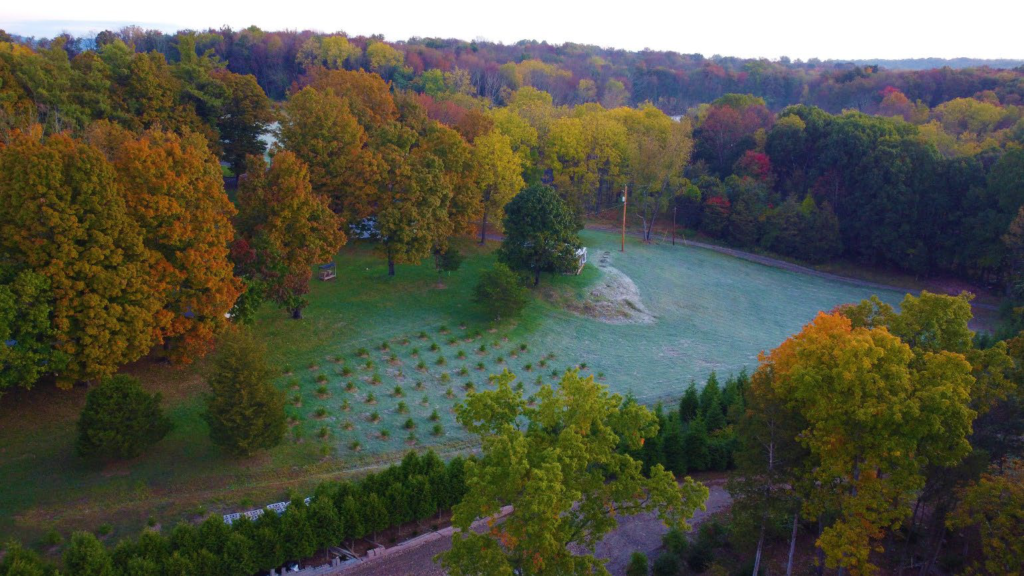Writing in Marble a Story Worth Retelling a Million Times Until Eternity
Some stories must be retold. This is one of them.
Adinath Rishabhdev laid the foundations of our civilization. As the first chakravarti – emperor of the continent Jambu Dweep – he taught the world asi (swordsmanship for protection), masi (writing skills), krishi (agriculture so we may be vegetarians), vidya (knowledge), vanijya (trade and commerce) and shilp (crafts), among many other skills.
When he renounced the world in pursuit of moksha (ascension to siddhaloka – abode of the siddhas), he divided his kingdom amongst his hundred sons. The eldest was Bhārat. Even today, India bears his name. He was given the capital Ayodhya. The next was Bahubali (literally, one with mighty arms) and he ruled from Takshila, a prosperous seat of learning.
Soon Bhārat embarked on an armed campaign to become a chakravarti. All his brothers except Bahubali renounced their kingdoms and became monks. Strong-willed Bahubali, instead, invited battle. The world trembled at the prospect of bloodshed and carnage.
At the 11th hour, however, the illustrious brothers agreed that violence does not behove them. “Let our unarmed combat,” they agreed, “be the decisor of lordship over the world.” Each of Bhārat and Bahubali possessed superhuman might, skill and determination. Each had been trained in bearing arms by Rishabhdev Himself. Each was a peerless master of combat. They agreed to engage in many contests. Amongthemwasstaringateach other until the batting of an eyelid, out- voicing each other, overpowering each other by deluging in a pool of water, swordsmanship, and wrestling.
Bahubali won every contest. In a fit of desperation, Bhārat did the unthinkable – he flung the chakra, a target-chasing barbed discuss, on Bahubali. The chakra was certain to slice Bahubali from his neck. But the divine weapon was ineffective against one’s own. response, the mighty-armed Bahubali could have crushed Bhārat with a blow to his head. He did not. It is said that he instead hurled Bhārat skyward. Bhārat’s fall to the hard ground was certain to be fatal. As the heavens and assembled armies trembled in breathless shock, Bahubali gently received the falling Bhārat in his arms and placed him respectfully atop a high perch.
Bahubali then proceeded to calmly pluck fistfuls of his locks of hairs. Just as his father had done when the First Lord became a monk.
Behold, Bahubali – the glorious conqueror of sovereignty over the world – had now renounced the world before a stupefied Bhārat!
If lordship over the world could be had through foul play or physical might, it was a prize unfit for a true conqueror, Bahubali reasoned. He then proclaimed his resolve: “I shall stand here in meditation for one year until I have rid myself of all ego, anger, greed and deceit. These are my true enemies, and I will conquer them,” he said. “I will be an omniscient!”
Thus stood then and there like a statue the most mighty- armed and even mightier in resolve. Soon a forest grew around him. Ants made their hills by his feet, vines wrapped around him, birds perched on him, snakes slithered over hisvbody, and wild animals scratched their bodies against his strong legs and thighs. Yet, the unwavering conqueror stood tall in unbroken meditation.
As a year rolled by, there was widespread anxiety. His sisters Brahmi and Sundari approached Lord Adinath. “Pray Lord, why is omniscience not Bahubali’s to have?”
“Bahubali,” said the Lord, “torments himself. Ego stops him from bowing before his younger brothers who are senior to him in monkhood.” It is also said that perhaps Bahubali had not forgiven his brother. Or not forgiven himself for not having renounced the throne as his other brothers had nobly done. Or because he continued to stand upon land belonging to Bhārat.
On the anniversary of his renunciation, the royal family sought Bahubali’s audience in the hope that he will end his meditation. His sisters chastised Bahubali for his ego – “omniscience does not come,” they said metaphorically, “to one riding an elephant.” Bhārat set his head at Bahubali’s feet in reverence and in search of forgiveness.
Behold! Bahubali – now out of meditation – was like a mountain of compassion. Absolutely mindful of the inexorable laws of karma (the fruits of one’s thoughts, words and deeds), he could clearly see why things happened the way they did. His ego and anger melted away at the sight of his brother’s humility He raised his feet to begin the journey to meet with Lord Adinath and his brother monks.
At that sublime moment of boundless compassion, freed from the chains of karma, the colossus attained omniscience and became a kevalin!
Bahubalidev became the ultimate conqueror!
To this day and for all times to come, his is a story worthy of retelling again and again until eternity. Help now to write that story in marble!

